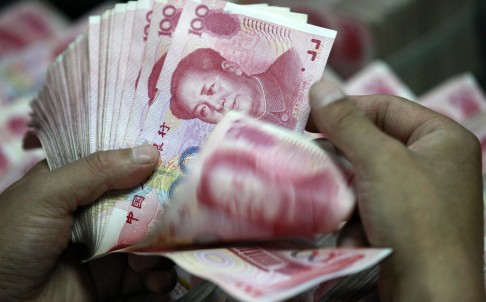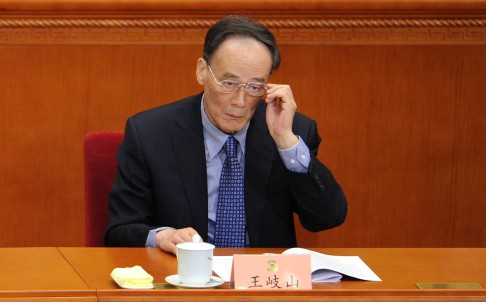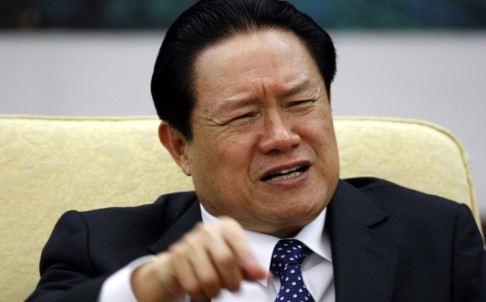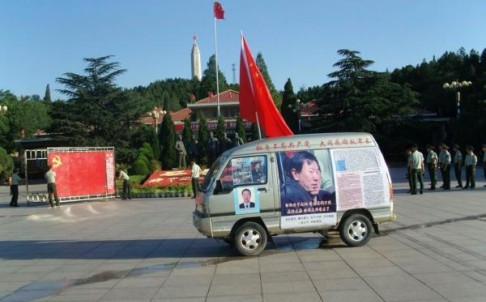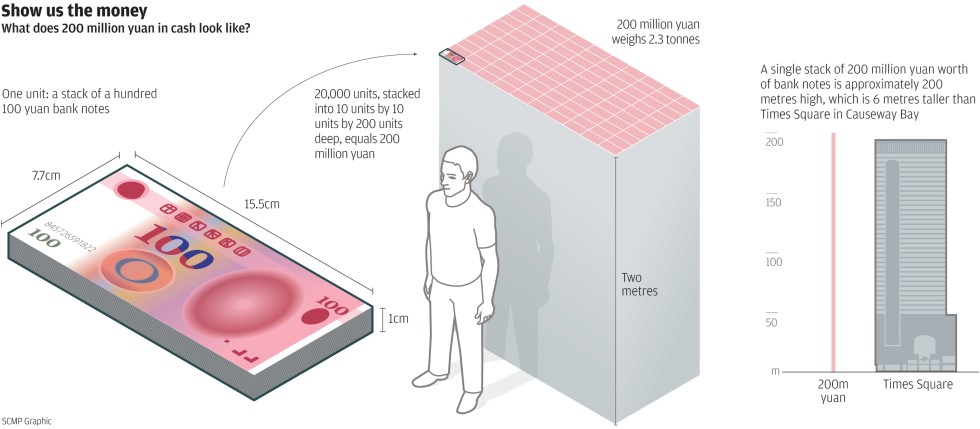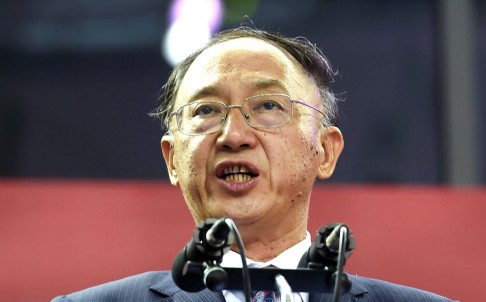Mainlander who attacked senior Post editor pleads guilty to assault
PUBLISHED : Friday, 31 October, 2014, 7:18pm
UPDATED : Friday, 31 October, 2014, 7:18pm
Chris Lau [email protected]

Cliff Buddle was attacked by 26-year-old Liu Lu. Photos: SCMP Pictures
A mainlander who claimed to be a Tsinghua University student was fined HK$3,000 today at Eastern Court for attacking a South China Morning Post senior editor.
Liu Lu, 26, pleaded guilty on Friday to one count of common assault over the attack on University of Hong Kong lecturer Cliff Buddle, who is also the Post’s editor for special projects.
Deputy Magistrate Lee Siu-ho ordered Liu to pay the fine by the end of the day or face a week of jail.
But since Liu had been remanded in custody for 25 days, and had no cash today, he will be freed after the deadline for the fine expires.
The court heard that Liu approached Buddle on October 6 when the lecturer was teaching a media law and ethics class at HKU.
He complained about the fact that Buddle was conducting the class in English.
Liu used a folder to hit Buddle. When the editor used his hands to fend off the folder attack, Liu then kicked Buddle in the chest.
The court heard that Buddle’s chest and arm were sore after the attack.
But Liu, from Anhui province, disputed the injuries that Buddle sustained, forcing the court to launch a Newton hearing before the verdict was handed down.
The prosecution called Buddle and the doctor who treated him to testify in court, before ruling in Liu’s favour.
Buddle suffered injuries caused by light force, deputy magistrate Lee ruled.
During the Newton hearing, Liu asked Buddle to remove his top – a request turned down by the magistrate on the grounds that signs of the injuries had faded.
“You said you are injured. If so, then show me,” Liu said.
He then told the court that Buddle had attacked him on October 6. “I want to prosecute him,” Liu said.
The magistrate warned: “The court has to express its view that violence in Hong Kong is not to be tolerated.”
He stressed that it was commonplace that English was used in universities in Hong Kong. Lee said Liu had been locked up for more than 20 days.
“It’s a lesson for him,” said the magistrate, adding that a fine was appropriate.
Before being taken away, Liu told Buddle that he was sorry.
Outside court, the Post’s editor Buddle said: “I’m pleased that justice has taken its course.”
He also thanked his teaching assistants and students for their support.

